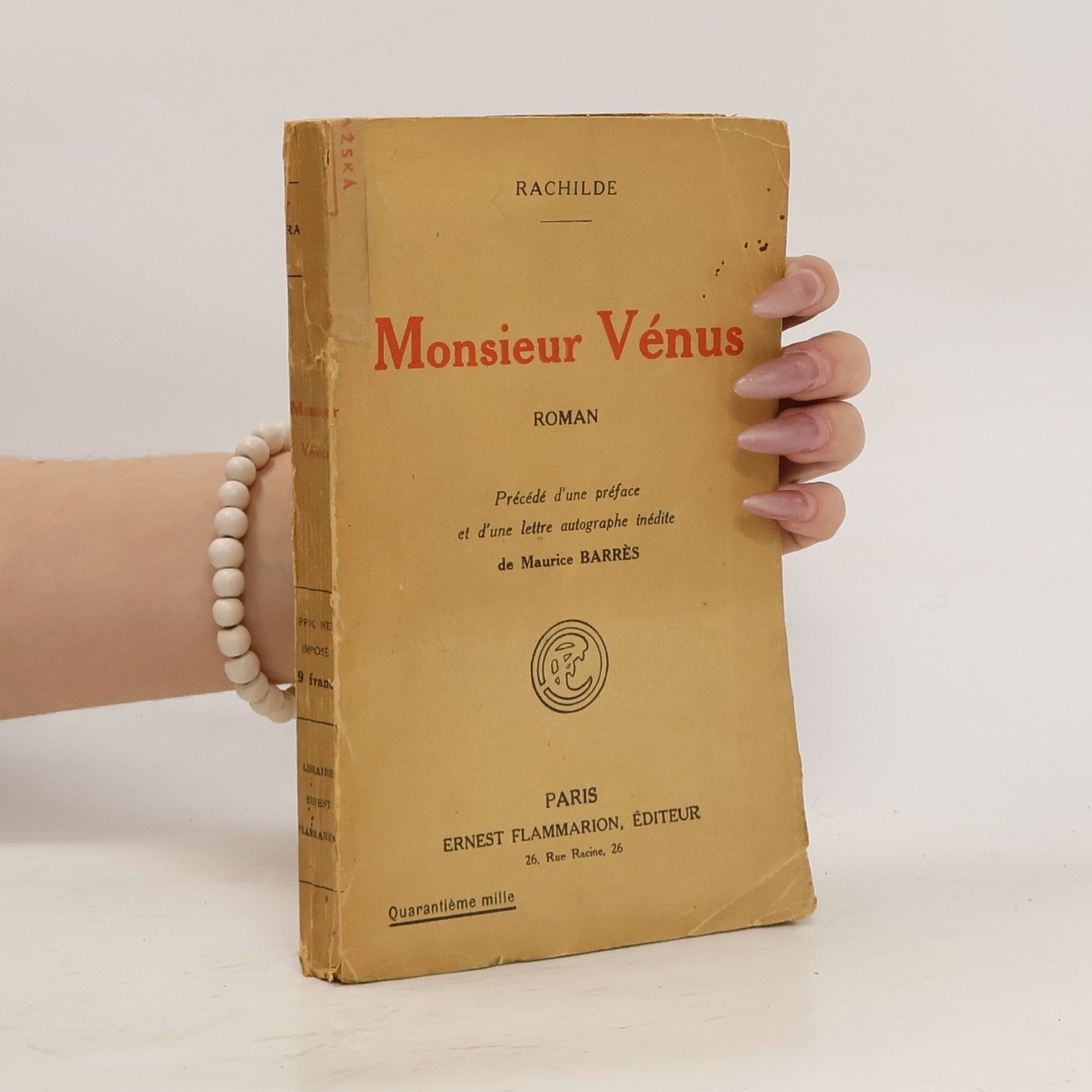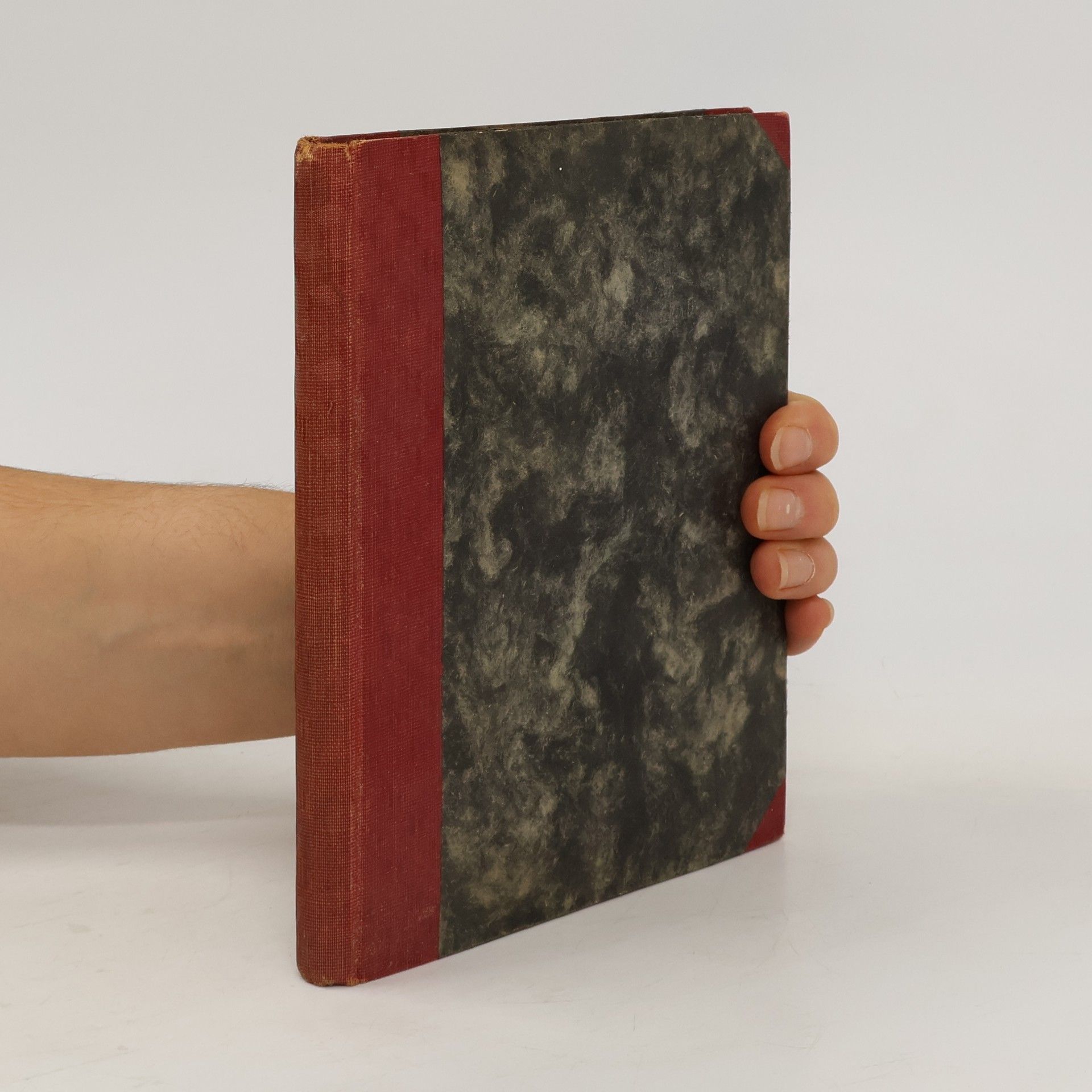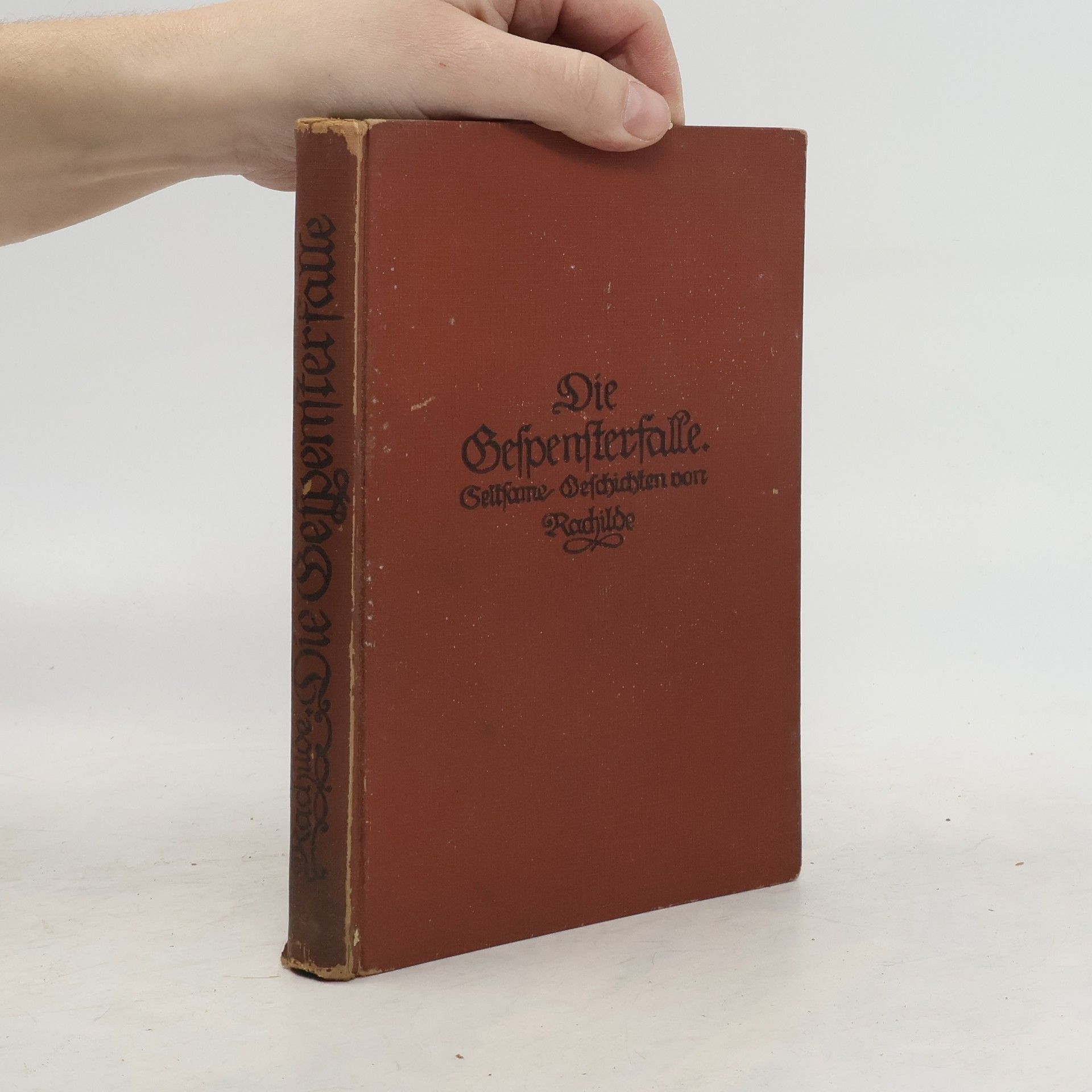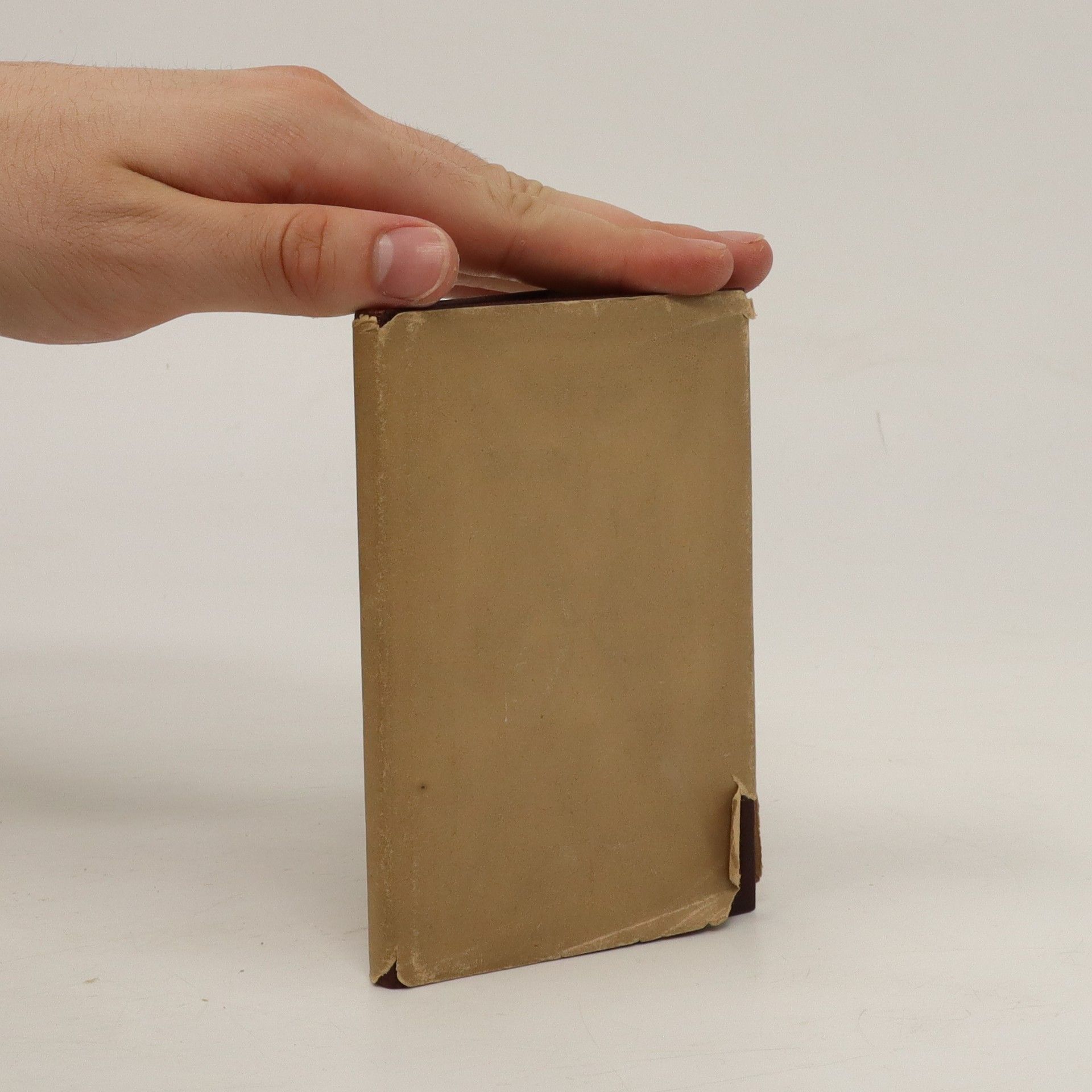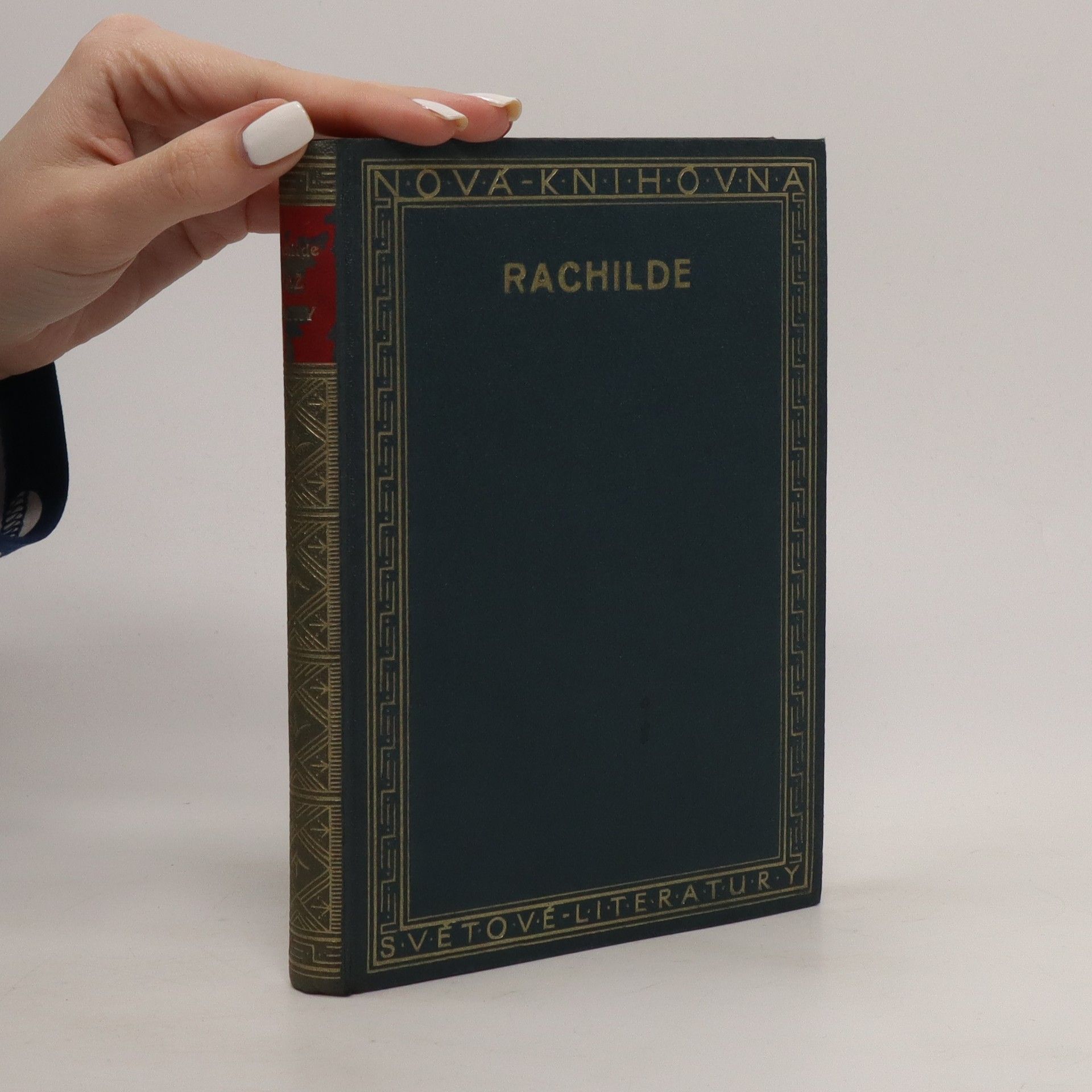The Demon of the Absurd
- 142pagine
- 5 ore di lettura
Exploring the boundaries of imagination, this collection features Rachilde's unique tales that blend tragedy, comedy, horror, and mystery. Through her lens, the absurd becomes a pathway to deeper truths, challenging conventional perceptions of reality. Marcel Schwob's introduction highlights Rachilde's distinctive vision, marked by her fear of mirrors and reflections on existence. Originally published in 1894, this English translation by Shawn Garrett brings to light the work of a pivotal figure in Decadent literature, celebrated for her profound insights and artistic innovation.

